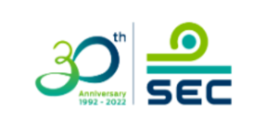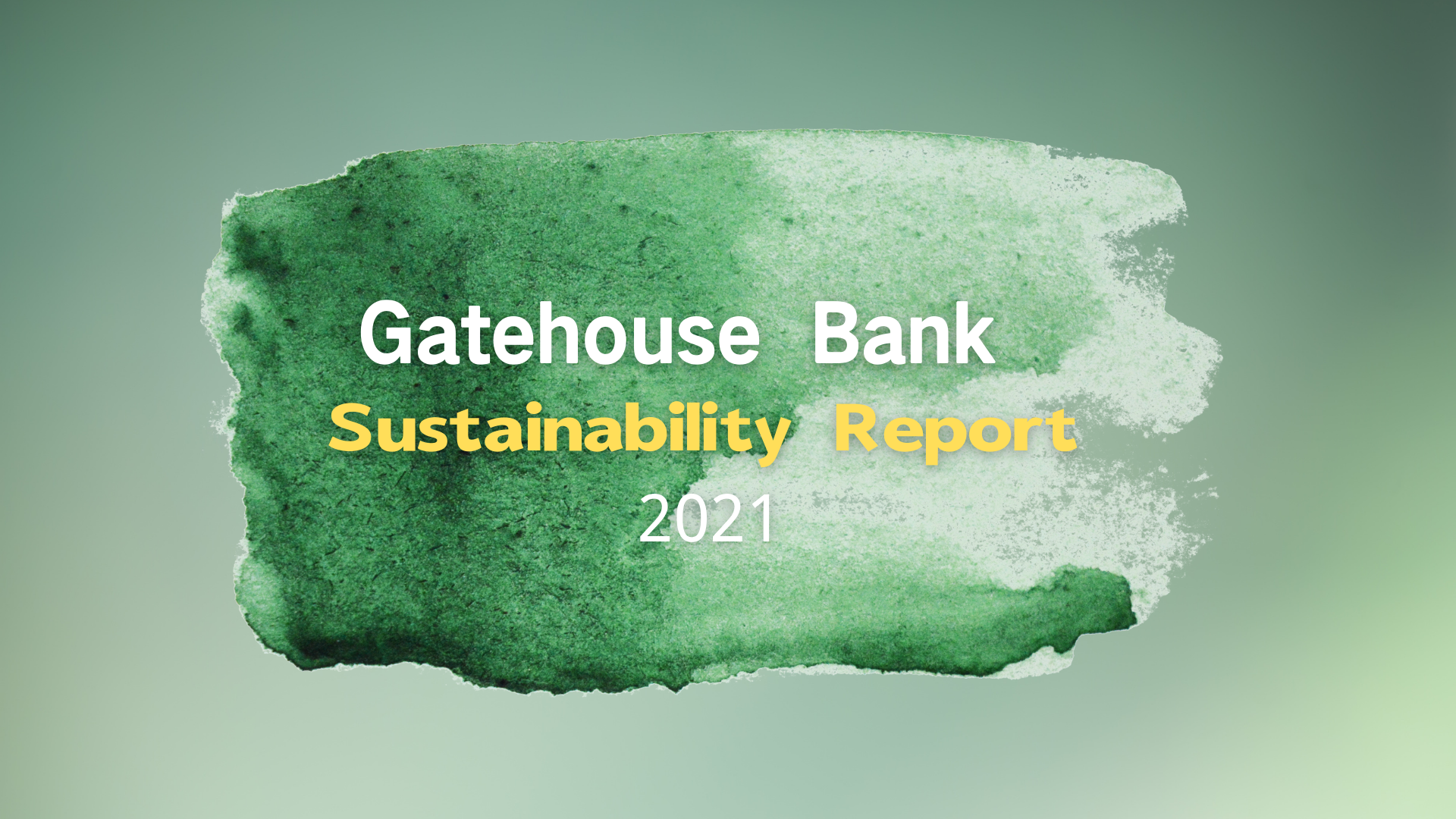Cementing Hong Kong's Role as a Premier Private Wealth Management Hub in Asia
Download the report → Cementing Hong Kong's Role as a Premier Private Wealth Management Hub in Asia
Practitioners within the private wealth management (PWM) industry continue to operate in a rapidly changing and challenging environment. The trend of digital adoption has become inevitable as the tech-savvy younger generation seek out a more personalised experience in terms of strategic planning and delivery of product offerings.From a global perspective, this trend has shown stronger momentum in the Asia Pacific region, driven by higher levels of public access to mobile technology and higher savings rates.
For a long time, the PWM business has been a key contributor to the asset and wealth management sector in Hong Kong. In 2021, the total assets of the PWM industry decreased to HK$10.6 trillion, down 6% from the previous year, but the industry still saw net new fund inflows of HK$638 billion.
Such growth could be attributed to the key developments in the Greater Bay Area (GBA) as well as the growing investment appetite of high-net-worth individuals (HNWIs). According to a report jointly published by the Private Wealth Management Association (PWMA) and KPMG, the number of HNWIs in Hong Kong had increased by 9.6% to 188,000 from 2019 to 2020. Meanwhile, 41% of PWM institutions’ assets under management (AUM) was sourced from Mainland China, and this figure is expected to reach 51% over the next five years. In the essence of facilitating the digital experience of private wealth clients, especially for HNWIs and those from the GBA, it is crucial to maximise the industry’s potential to capture relevant emerging opportunities. While Hong Kong’s PWM industry has managed to maintain its quality-of-service during the COVID-19 period by transforming its working strategy and client expectations, the Financial Services Development
Council (FSDC) also acknowledges the collective efforts made by the Financial Services and the Treasury Bureau (FSTB), Hong Kong Monetary Authority (HKMA), and Securities and Futures Commission (SFC) in recognising the importance of the PWM industry to Hong Kong. While we laud their intent to strike a balance between investor protection and principles-based regulation, there remains a need to review certain key areas to enhance the city’s competitiveness, as summarised in the following recommendations:
Re Know Your Customer (KYC) –
- Aligning the regimes dealing with Anti-Money Laundering (AML) KYC, suitability KYC, and professional investor (PI) KYC across the financial services industry.
Re Sophisticated PI –
- Introducing a sophisticated PI classification into the Code of Conduct in respect of individual and corporate professional investors (based on the existing assets test) in respect of which Suitability Obligations can be exempted on an opt-in basis.
Re Asset Based PI –
- Introducing a higher assets test into the Code of Conduct in respect of individual and corporate professional investors, in respect of which the Suitability Obligations can be exempted on an opt-in basis where such investors have a portfolio of no less than HK$40 million or total assets (excluding main residence) of no less than HK$80 million.
Re Suitability –
- Reviewing the current Suitability Framework and Suitability Obligations with regards to the assessment for dis-applying Suitability Obligations and the "portfolio approach" regime introduced by the HKMA in 2012 for the private banking industry.
Re Tax –
- Reviewing current tax regime to ensure that individual asset owners are treated on an equal footing regardless of whether they are Hong Kong residents or not.
Re Education –
- Further developing the talent pipeline for the industry through growing talent at the entry level, attracting mid-career transfer, and enhancing the quality of talent throughout the pipeline.




















































First, please LoginComment After ~